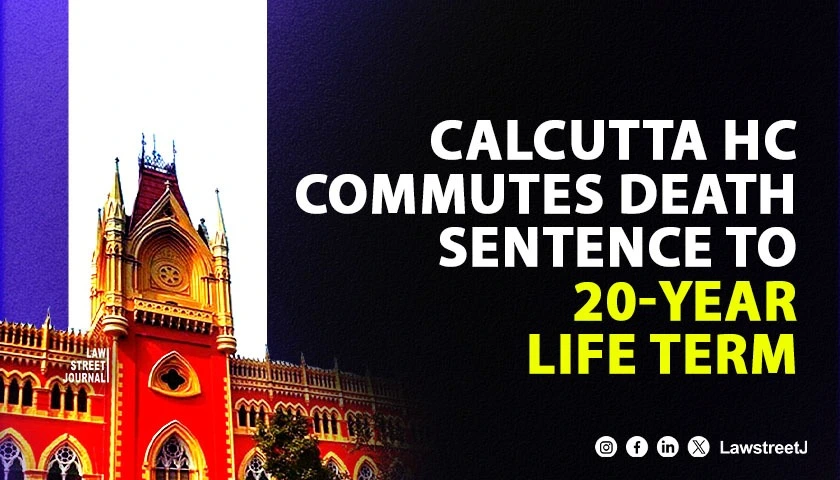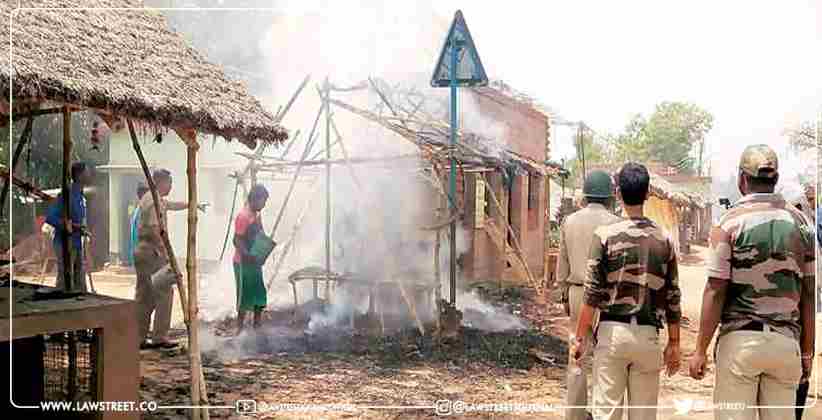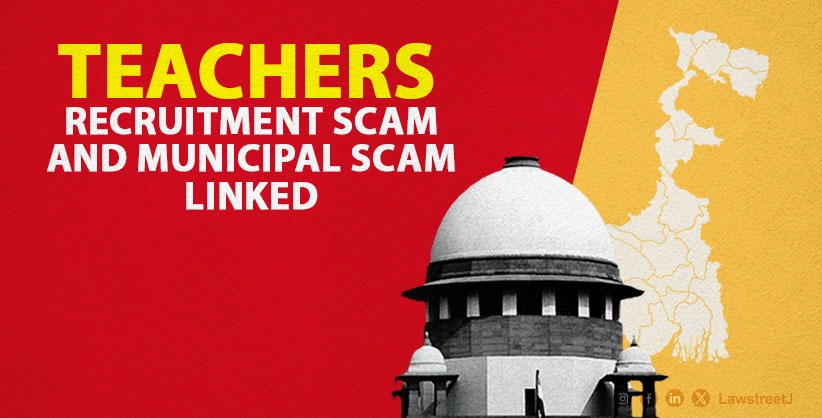Kolkata: The Calcutta High Court has commuted the death penalty awarded to a 58-year-old man convicted for the rape and murder of a minor girl to life imprisonment without remission for 20 years, emphasizing considerations of age and the absence of criminal antecedents.
Justices Md. Shabbar Rashidi and Debangsu Basak delivered the judgment on June 24, 2025, in Death Reference No. 04 of 2018 and Criminal Appeal No. 684 of 2018.
The court addressed the case involving Srimanta Tung, who was convicted by the trial court for offences under Sections 376(2)(i)(k), 302, and 201 of the Indian Penal Code, 1860, and Section 6 of the Protection of Children from Sexual Offences Act, 2012.
The case originated from an incident on August 8, 2016, when the victim, a 14–15-year-old girl who worked as a maid servant at the appellant’s house, was found dead in the bathroom with severe burn injuries. The court noted, “The medical evidence led at the trial, i.e., PW 10 coupled with Exhibit 12, establishes that the death of the victim was caused due to throttling and not by fire. The medical evidence sufficiently proved that the flame burn of the victim was a post-mortem phenomenon.”
Regarding the conviction, the court observed, “The chain of circumstances is complete and neatly woven to exclude the intervention of anybody other than the appellant in the commission of the offence.” The autopsy revealed that the victim was first strangled to death and then set on fire, with medical evidence indicating she had been subjected to repeated sexual assault prior to her death.
However, while upholding the conviction, the court found grounds to commute the death sentence. The court stated, “The convict is not reported with any criminal antecedent or unstable social behavior in the past. Moreover, he is of an advanced age of 58 years.”
In examining the psychological and socio-economic evaluation reports, the court noted, “The convict was not found suffering from any kind of psychopathological infirmity” and that “no criminal antecedent, however, could be found as against the convict.”
The court emphasized the Supreme Court’s guidelines on the death penalty, stating that it should be resorted to only in “exceptional circumstances where the court awarding the sentence is able to return a finding that the case fell within the category of ‘rarest of rare cases’ and the possibility of reformation of the convict stood foreclosed.”
In its final directive, the court ruled, “Taking into consideration the entire facts and circumstances of the case discussed hereinbefore, we are minded to commute the death sentence awarded to the appellant into one of life imprisonment. However, considering the age of the appellant as well as other circumstances obtaining from the facts of the case, the imprisonment of life, so awarded to the appellant, shall mean imprisonment for life without remission until 20 years from the date of his arrest.”
The court also directed that the period of detention already undergone by the appellant shall be set off against the substantive punishment, as per Section 428 of the Code of Criminal Procedure.
Mr. Kaushik Gupta, Senior Advocate, and Mr. Santanu Talukdar appeared for the appellant, while Mr. Debasish Roy, Public Prosecutor, Mr. Rudradipta Nandy, Additional Public Prosecutor, and Mr. Suman De appeared for the State.
Case Title: State of West Bengal vs. Srimanta Tung





![Calcutta High Court conducts late-evening hearing, orders release of lawyer arrested inside court [Read Order]](/secure/uploads/2023/12/lj_4146_Court_lawyers_arrest.jpg)
![Indian Courts this Week: Law Street Journal's Weekly Round-Up of SC & HCs [Jan 1 - Jan 6]](/secure/uploads/2024/01/lj_9050_WhatsApp_Image_2024-01-06_at_12.07.10_PM.jpeg)




